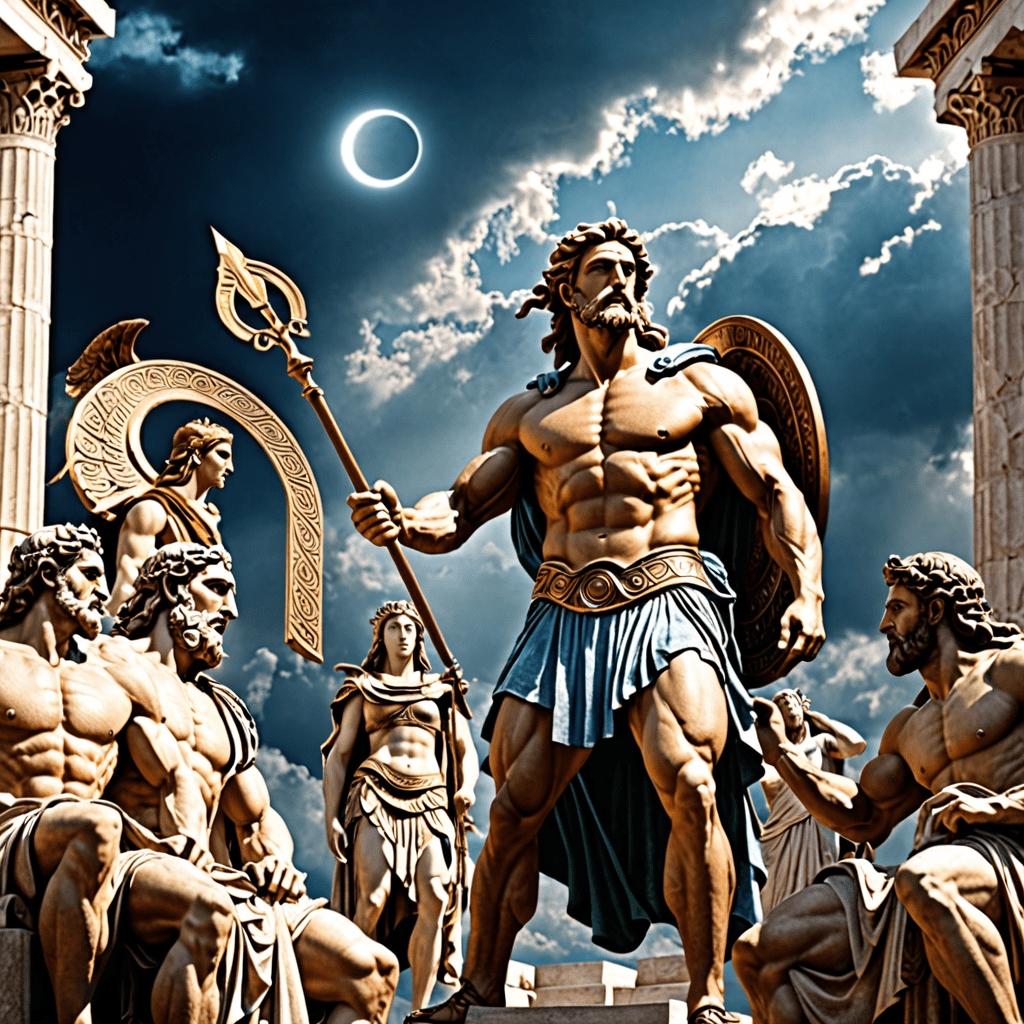The Influence of Greek Mythology on Aesthetics
Understanding Greek Mythology
Greek mythology comprises a collection of myths and tales originating from ancient Greece. These myths often involve gods, goddesses, heroes, and mythical creatures and have been passed down through generations, shaping the cultural heritage of Greece.
Exploring Aesthetics in Greek Mythology
In Greek mythology, aesthetics play a crucial role in depicting beauty, harmony, and artistic principles. The ancient Greeks valued artistic perfection in their sculptures, architecture, and literature, reflecting their deep appreciation for beauty and balance.
The Relationship Between Greek Mythology and Aesthetics
The connection between Greek mythology and aesthetics lies in the portrayal of beauty, grace, and artistic expression within the stories themselves. Mythological figures such as Aphrodite, the goddess of love and beauty, exemplify standards of beauty and aesthetics in ancient Greek culture.
Impact on Modern Aesthetics
The enduring influence of Greek mythology on aesthetics can be observed in modern art, literature, and design. Artists and creators often draw inspiration from Greek myths to infuse their work with timeless themes of beauty, heroism, and the human experience.
FAQ: Greek Mythology and Aesthetics
What is Greek Mythology?
Greek Mythology refers to the collection of myths and stories that originated in ancient Greece, involving the gods, goddesses, heroes, and legendary creatures of the Greek pantheon.
How does Greek Mythology connect to Aesthetics?
Greek Mythology often explores themes of beauty, harmony, and proportion, which are central to the concept of aesthetics. The Greeks believed in the ideal form of beauty, reflected in their art and architecture inspired by mythology.
Which Greek Myths are known for their aesthetic values?
Myths such as the story of Aphrodite, the goddess of love and beauty, and the tale of Apollo, the god of light, music, and the arts, are particularly associated with aesthetic ideals in Greek Mythology.
How did Greek Mythology influence aesthetics in art and literature?
Greek Mythology provided inspiration for artists and writers, leading to the creation of timeless works that embodied the aesthetic principles of balance, symmetry, and grace found in the myths of ancient Greece.



